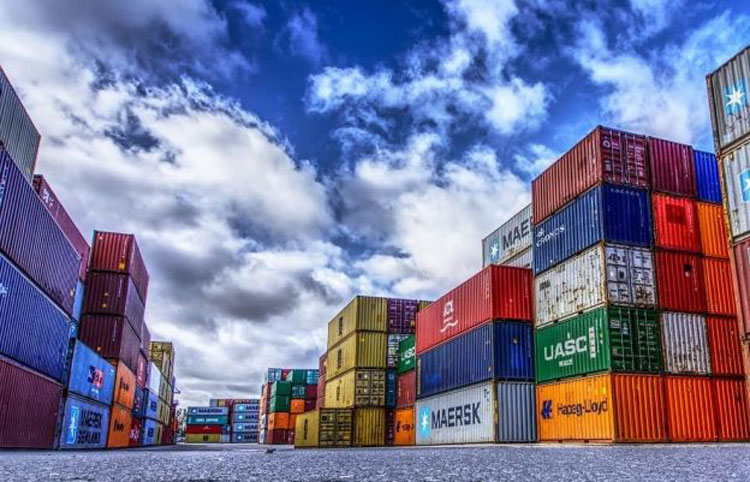The Diplomat
The Spanish Exporters and Investors Club recommends reviewing both business strategies and public policies to support internationalisation in order to tackle the supply problems that Spanish exporting companies have been suffering since the outbreak of the pandemic and which have been aggravated in recent months by the war in Ukraine.
This is stated in the technical note published yesterday by the Committee for Reflection on Internationalisation of the Exporters’ Club, which is made up of businessmen and managers of exporting companies, academics and senior government officials.
The report warns that this structural problem could be prolonged over time, which would lead to a significant increase in operating costs for companies.
For this reason, the organisation has recommended the adoption of policies to support internationalisation focused on the entire value chain to provide exporting companies with tools to help them identify possible risks, alternative suppliers and access to reliable logistics services.
Among the factors that have contributed to supply problems, the Internationalisation Reflection Committee report identifies changes in the composition of demand; the restrictions imposed on manufacturing activities; the direct effects of the pandemic on the population; and the impact these changes have had on logistics needs. In addition, in recent months, the war in Ukraine has had a particular impact on the availability and price of energy products and some raw materials.
Moreover, this is a situation that may last over time and be repeated in the future, according to the regular exporters themselves, which is leading most exporting companies, in general, to adapt their supply strategies by diversifying suppliers and increasing inventories.
Therefore, in order to facilitate an effective response to the current uncertainty, which results in input shortages for the exporting company, the Reflection Committee on Internationalisation recommends the adoption of an internationalisation support policy which, rather than focusing on the traditional export support approach with a sectoral or sector/country orientation, focuses on the whole value chain as a priority.







